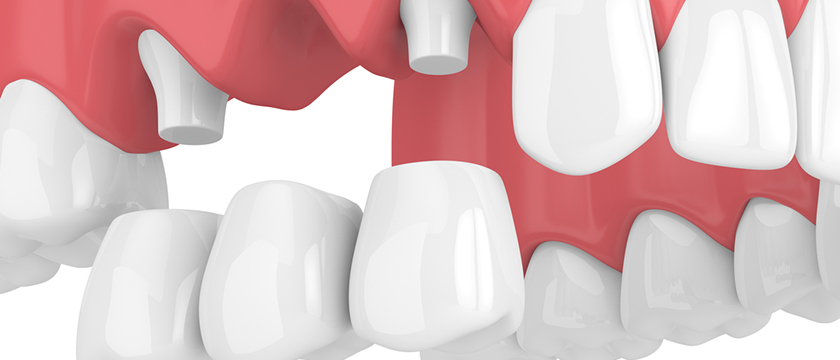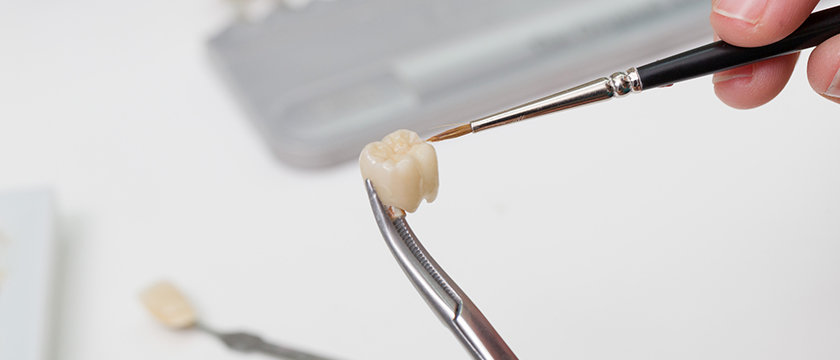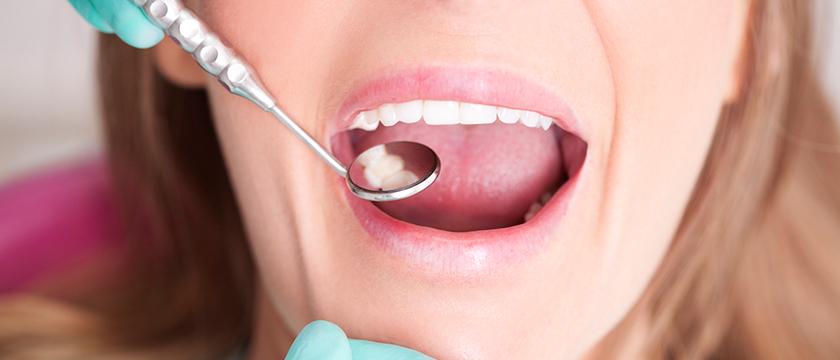Blog
 27 Sep 2023
27 Sep 2023
Possible Issues with Dental Bridges You Should Know
Dental bridges offer a simple and minimally invasive solution to the problems posed by missing teeth. While these prosthetics can restore your smile and quality of life, they do not last forever. Here are a few of the most common problems that may cause a dental bridge to fail and what you can do about them.
 17 Jan 2023
17 Jan 2023
When Does a Dentist Recommend a Dental Bridge: Beginner’s Guide
If you have one or more missing teeth, your dentist may fill the gap using a dental bridge. It is an artificial tooth (called a pontic) that is anchored into place using each adjacent tooth on the side of the gap. The procedure is quick and takes only two dental appointments, making it a highly convenient tooth replacement choice.
 10 Aug 2021
10 Aug 2021
A Complete Guide to Dental Crowns for Oral Care
Dental crowns, sometimes also called caps, are small, tooth-shaped covers that are placed over a natural tooth. These prosthetics extend to the gum line, covering the affected tooth from top to bottom.
A well-made crown looks just like a natural tooth and allows you to chew food the same way you would with your original dentition. This makes crowns an excellent solution for both aesthetic and functional oral issues. You can learn more about this time-tested dental care option in the guide below.
 10 Mar 2021
10 Mar 2021
How to Address and Treat Dental Cavities
Dental caries, commonly known as tooth decay, are the cause of one of the most common dental problems – cavities.
Dental caries originate from several strains of mutans streptococci bacteria. When these bacteria consume sugars from the food you eat, they secrete acid that breaks down your tooth’s protective enamel structures. Your saliva naturally repairs some of this damage, but if too much harm is done before your saliva can counteract the problem, a cavity begins to form.
If you believe that you have a cavity, please call our office at 647-371-1894 to book an appointment. Our team will be able to examine the area of concern and recommend appropriate treatment. If caught early, some cavities can be repaired without the need for anesthetic, so be sure to visit as soon as possible!
